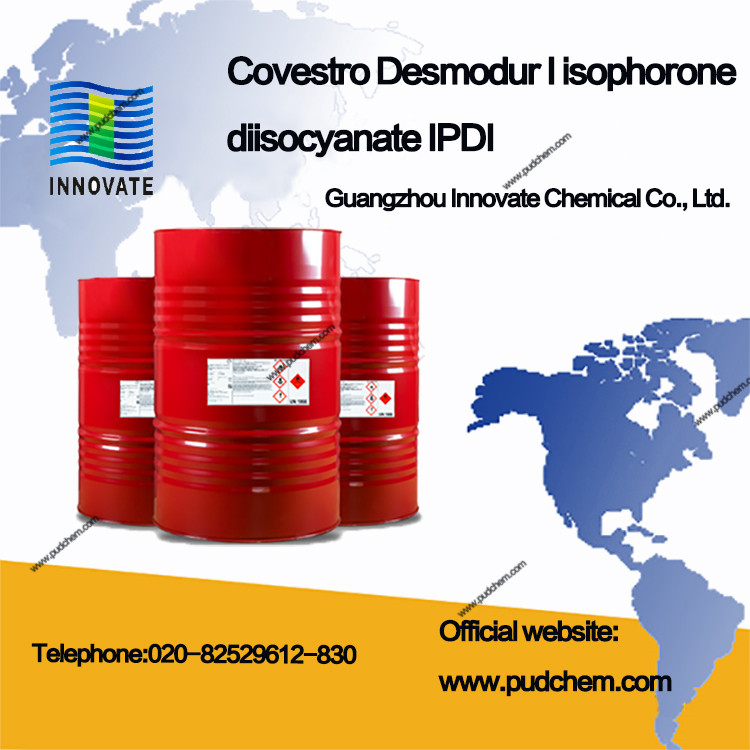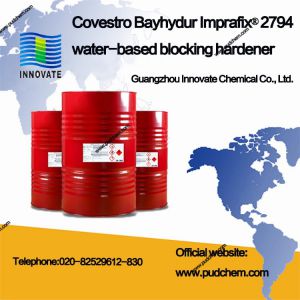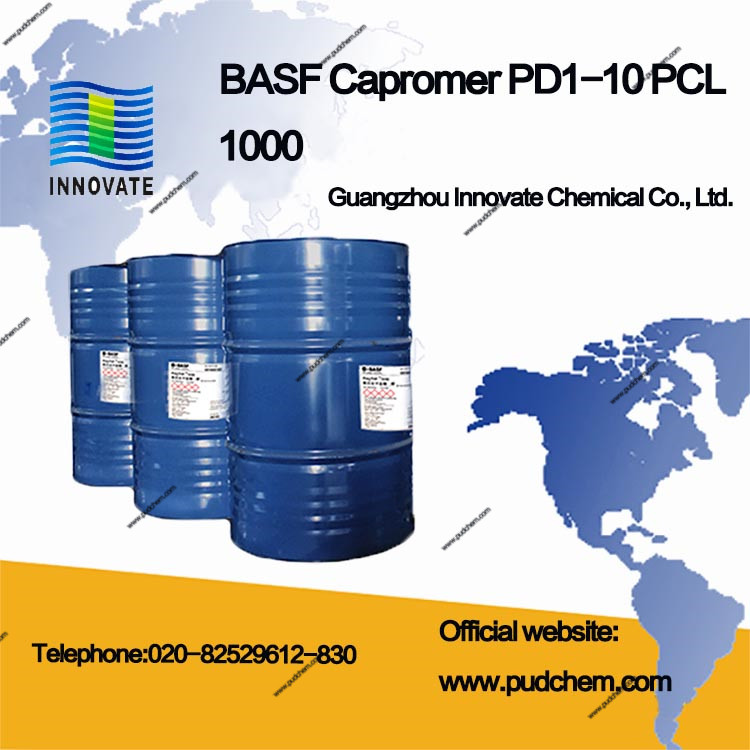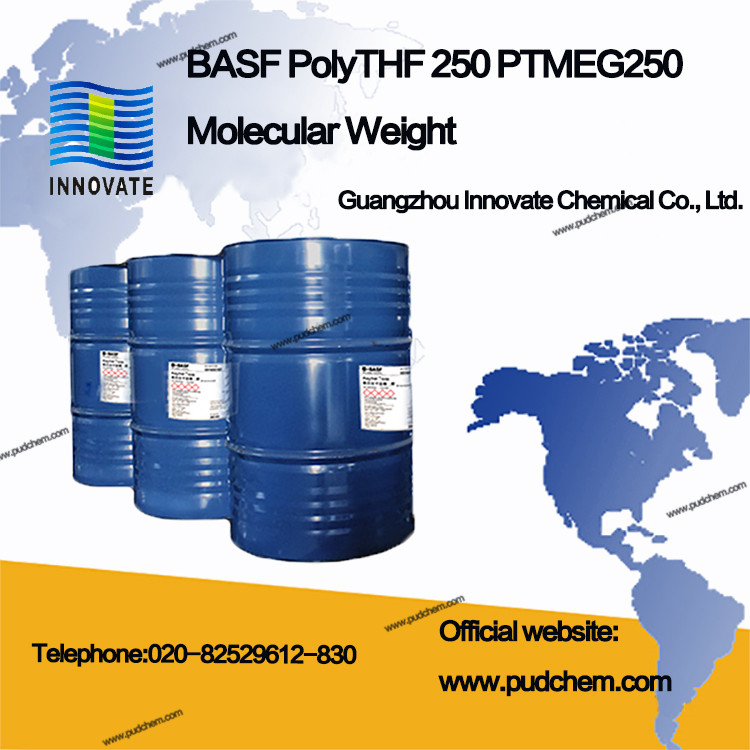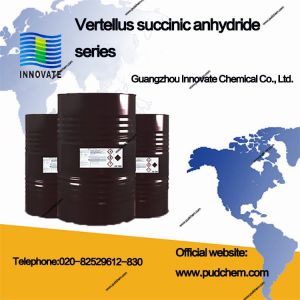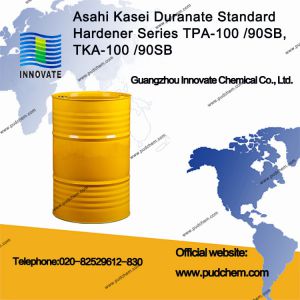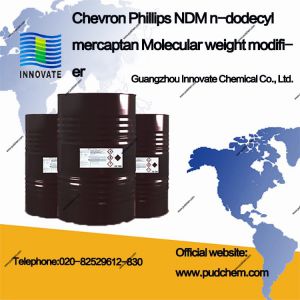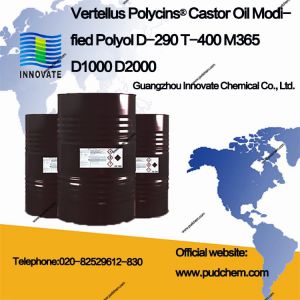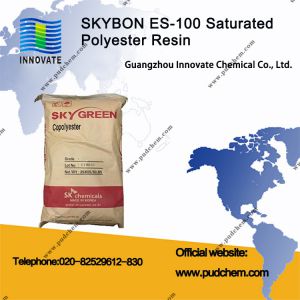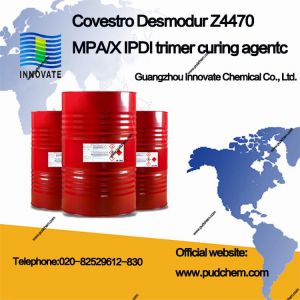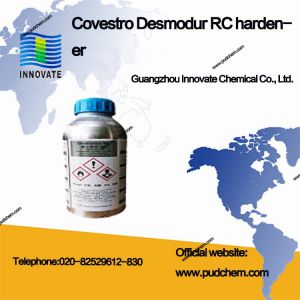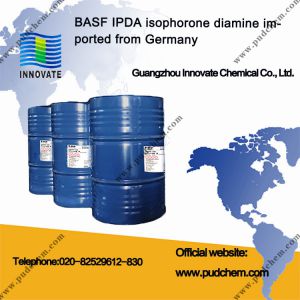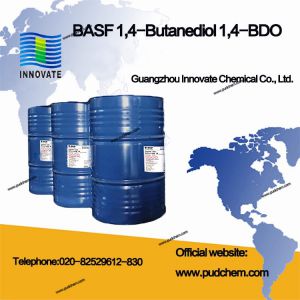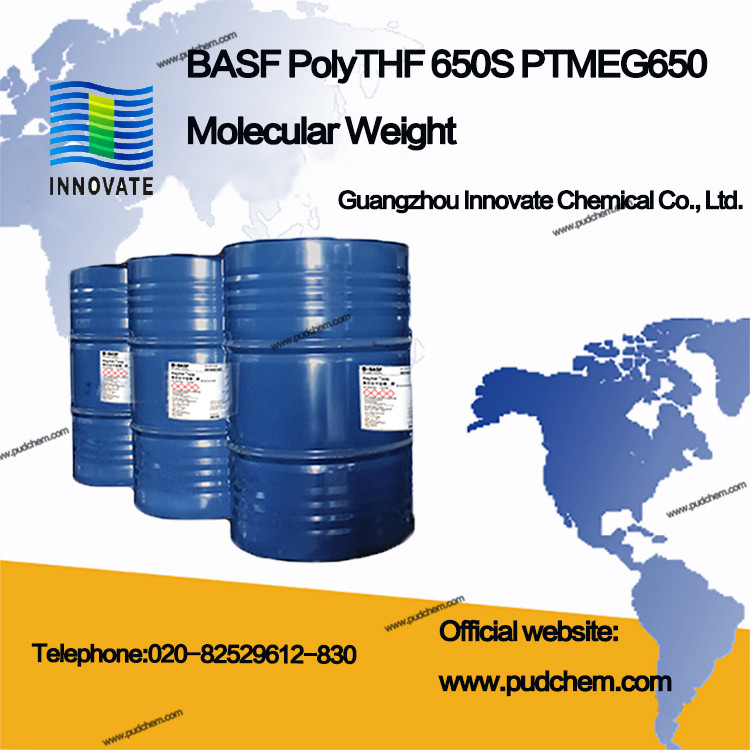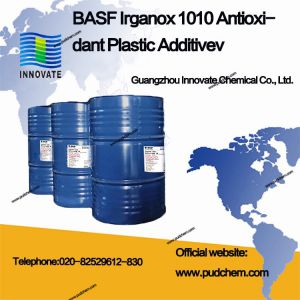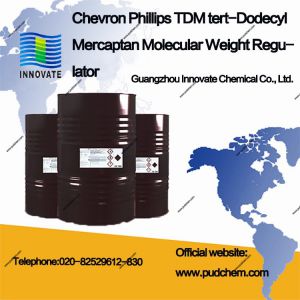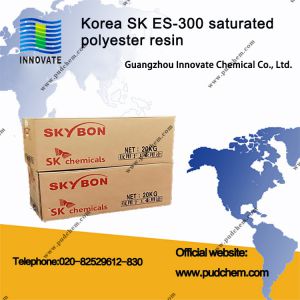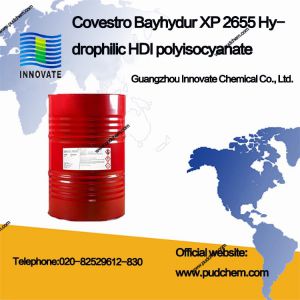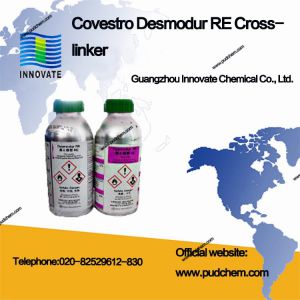Covestro Desmodur BL 4265SN heat-activated curing agent yellowing resistance and high hardness
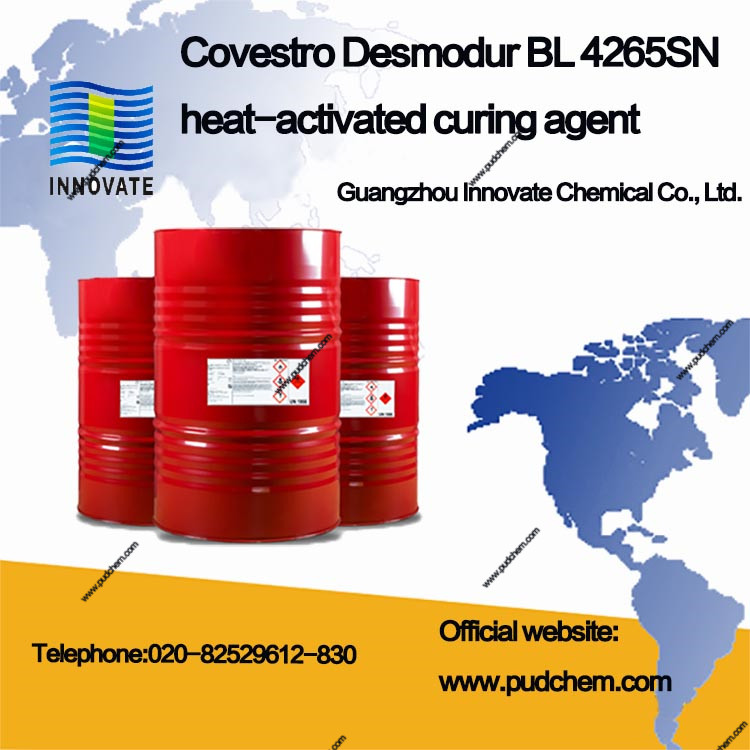
Features Blocked aliphatic polyisocyanate of isophorone diisocyanate (IPDI) mixed with polyol components to prepare light-fast one-component baking paint
form of supply About 65% dissolved in SN100 solvent
Specification
|
characteristic |
Numerical value |
Units of measurement |
method |
|
Non-volatile content (0.2g/1h/125°C) |
65±2 |
% |
M020-ISO 3251 |
|
Viscosity, 23°C |
11000 ± 3000 |
mPa·s |
M014-ISO 3219/A.3 |
|
Color value (Hazen) |
≤100 |
|
M017-EN 1557 |
|
Free NCO content |
<0.2 |
% |
M150-ISO 11909 |
Other data*
|
characteristic |
Numerical value |
Units of measurement |
method |
|
Blocked NCO content |
about 8.1 |
% |
|
|
Viscosity@25°C |
about 10500 |
mPa·s |
M014-ISO3219/A.3 |
|
equal weight |
about 520 |
|
|
|
Flash point |
about 47 |
°C |
DIN 53 213/1 |
|
Density@20℃ |
1.03 |
g/ml |
DIN EN ISO 2811 |
*This data is general information.
application
Desmodur® BL 4265SN can be mixed with suitable and preferably flexible Desmophen® series materials to prepare one-pack polyurethane stoving varnishes with light, weather and chemical resistance. These stoving lacquers are used for advanced industrial finishing coatings and coil coatings. Catalysts such as dibutyltin laurate (DBTL) can be added to significantly reduce bake temperatures without affecting the storage stability of the formulation. In addition, Desmodur® BL 4265SN can also be used as an additive to improve the hardness, weather resistance and chemical resistance of conventional stoving paint systems.
The baking times for Desmodur® BL4265SN mixed with Desmophen® A365/670A (1:1) are as follows.
In coil coating system applications, Desmodur® BL4265SN is fully cross-linked without the addition of DBTL when the maximum board temperature (PMT) is approximately 241°C. If 1% DBTL (calculated based on solid resin) is added, the same effect can be achieved when the maximum board temperature is about 210°C.
compatibility
Desmodur® BL 4265SN can generally be combined with Desmophen® 651, 670, 680, 690, 800, 1100, 1300, RD181 and various alkyd resins, polyacrylates and polyesters (eg Desmophen) if it can carry out equivalent crosslinking reaction. ® T1665) compatible. However, compatibility must be tested before mixing in a formulation.
Solubility/Dilution
Desmodur® BL 4265SN is generally well compatible with the following solvents. However, the resulting solutions must be tested for storage stability. Desmodur® BL 4265SN can be diluted to 40% solids with ketones, esters, ether esters, aromatic solvents and naphtha® 100, 150, 200 mineral spirits. Desmodur® BL 4265SN is less dilutable in aliphatic hydrocarbon solvents.
store
- Store in original Covestro airtight containers
- Recommended storage temperature: 0-30°C
- Avoid moisture, heat and foreign substances
General Information: This product is moisture sensitive and should therefore be stored in its original airtight container. Long-term storage at temperatures above 25°C results in a deterioration in quality of the product, which becomes increasingly cloudy due to the formation of deposits (dimers), which are less soluble. For example, storage stable at 40°C is a maximum of 4 months. Storage of crystallization at temperatures that are too low, resulting in the onset of crystallization at around 15°C, storage of the product must be avoided, as this will promote the formation of non-meltable dimers. Therefore, the product can no longer completely melt after about three weeks. To prevent crystallization, it must be ensured that the product does not fall below 20°C. Upon receipt, product samples should be tested for crystallization. Product crystallisation must be remelted immediately if it occurs during transport or storage. Regardless of the temperature at the melting point (the temperature of the substance) exceeding 70 °C, neither should the time required to reliquefy the product, as this exceeds that will greatly promote the formation of non-meltable dimers. It should ensure that the entire content container is remelted and homogenized. Containers must be closed immediately and their contents and cooling maintained at standard storage temperature (20-25°C). Partial crystallization of the product in a short period of time will not seriously affect the quality, only the storage stability will be slightly reduced. The product should be re-dissolved as soon as possible.
storage time
Provided that the product is stored in full compliance with the requirements in the "Storage" clause above and properly handled, the product meets the requirements stated in the "Specification or Characteristic Values" clause above for 9 months from the date of shipment as stated on the shipping document. Specification or characteristic value (as applicable). Exceeding the above 9-month period does not mean that a product no longer meets the specifications or the values set in the characteristic values. However, it is recommended that products older than 9 months from the date of shipment be tested prior to use to confirm that they still meet the specifications or values set in the characteristic values. The manufacturer makes no commitments for products older than 9 months from the date of shipment, and does not assume any responsibility or liability for non-conformance to specifications or set values in characteristic values.
- PREV:Covestro Dispercoll® U53 Anionic Polyurethane Dispersion
- NEXT:Covestro Dispercoll® U54 waterborne polyurethane adhesive raw material

